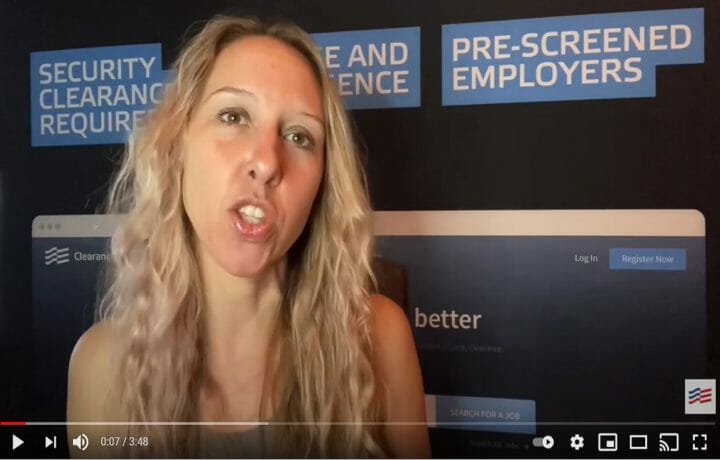Security clearance policy doesn’t change quickly – not nearly as quickly as popular culture or conventions. That’s one of the challenges in balancing national security concerns with developing a culturally relevant, diverse national security workforce – two key challenges for government leaders today. The more vetting required for a position, the more likely it is to create issues for young people applying for those positions. The adjudicative criteria aren’t different, but a more intrusive investigation is likely to uncover a few key issues for young people today – many of them hot button topics we’ve covered frequently at ClearanceJobs.com.
Drugs
A full 17 states and the District of Columbia have now legalized recreational marijuana use. But if you work for the federal government, you should just say no. More young people are having to say no to government careers due to recent drug use, but the RAND study says the bigger issue may be misuse of prescription medication. Young people today may see nothing wrong with ‘borrowing’ an Adderall from a friend. An FBI security officer will likely not feel the same.
Sex
Pornography is on the rise, the RAND study notes, and that creates issues for both viewing something illegal or somehow becoming part of some criminal activity around online activity – whether it’s sextortion or romance scams.
Money
Bitcoin is still a gray area in the security clearance process, but young people today are more likely to participate in unconventional investments, including cryptocurrencies. Without clear guidelines on what financial activities need to be reported, many young people may find themselves involved in financial entanglements that could pose a national security risk.
Travel
Gen Z is more likely to have foreign-born friends, have spent time abroad, or be connected with individuals from other countries through social media and online activities. The RAND report suggests creating categories for which countries pose the greater risk. Embarking into a national security career with no foreign contacts may be a thing of the past.
All of these trends are ones worth following. Security clearance policy doesn’t adapt quickly – but changes already in place as a part of Trusted Workforce 2.0 could help move determinations into the 21st century.




